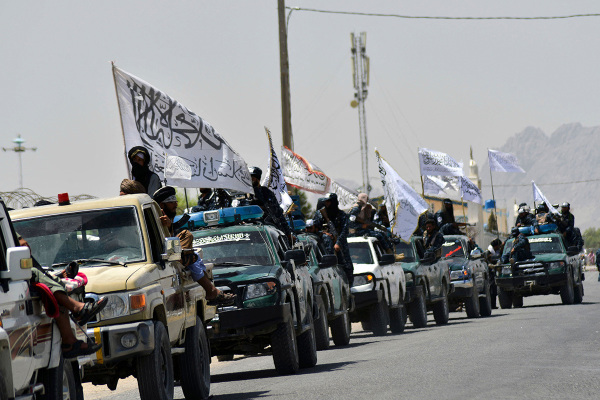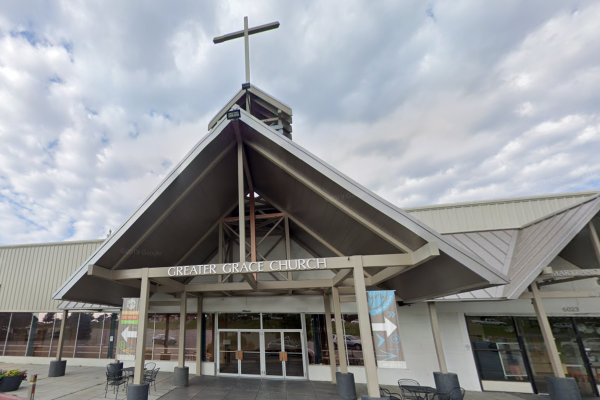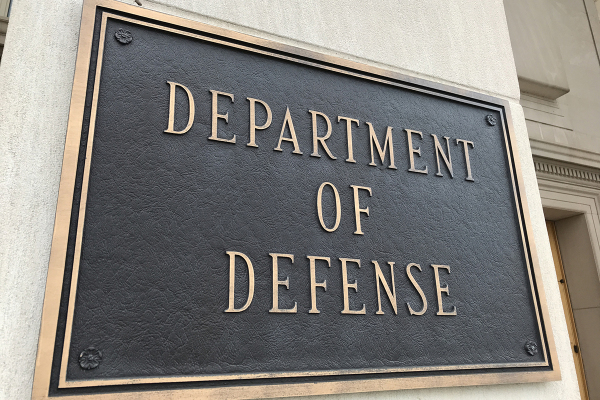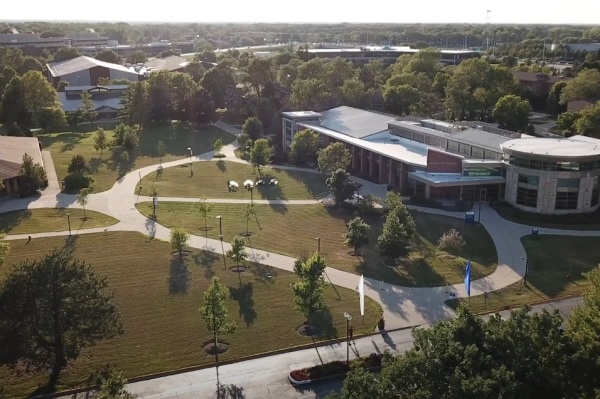Egypt's Struggle Is Against Political Islam, Christian Editor Says
While the Western world sees the ouster of Islamist President Mohamed Morsi as a military coup, the editor of Egypt's weekly Christian newspaper says it was a coup by the people of the country and an attempt to abort efforts towards political Islam.
Youssef Sidhom, editor of the weekly called Watani (My Homeland), told Voice of America in an interview that Egyptians were hopeful that the Islamist President Morsi would govern the nation impartially, which did not happen.
"Months and months had elapsed when they failed to do so. And there has been during the past year of the rule of President Morsi an accumulating level of bitterness and anger on (the) part of Egyptians – that the Muslim Brotherhood are only clever in taking power in their hands and ousting every other political faction," Sidhom said.
Referring to massive protests that preceded Morsi's ouster, he added, "Egyptians enormously went down to the streets – whether Christians or Muslims – saying enough is enough and we're not taking any more of the rule of Morsi. And I have to admit they were very lucky that their anger, which erupted, was sided by the Egyptian military."
The editor went on to say that the vast majority of Egyptians were happy with Morsi's removal despite the recent bloodbath. "…On June 30, according to most of the estimations, it was an overwhelming 30 million Egyptian people going down to the streets, both Christian and Muslim. It seems that no less than 85 or 90 percent of Egyptians are very relieved to get rid of political Islam led by the Muslim Brotherhood," he said.
A recent Gallup survey also showed that 80 percent of Egyptians believe their country was worse off under Morsi than under the dictatorial President Hosni Mubarak, who was ousted after the 2011 revolution. "The euphoria that Egyptians exhibited across public squares after Mubarak resigned has long passed. More than two years later and prior to the removal of Mubarak's elected successor (Morsi), Egyptians were noticeably pessimistic about what the resignation has gained their country," Gallup said.
The Brotherhood, an Islamist group that operated underground until the fall of Mubarak, claims the country's military has reversed the revolution and demands reinstatement of Morsi, who was elected president in June 2012. In the protests, hundreds of Morsi's supporters have been killed. Even Islamist supporters of Morsi have attacked at least 58 churches, Christian institutions, homes and shops recently. Islamists also conducted Muslim prayers in some of the churches.
"I admit that it is a difficult time that Christians are facing – burning down their churches, looting them and destroying them," the editor said. "According to Islamic doctrine if you undergo Islamic prayers in any place it turns to be an Islamic mosque." However, Sidhom said he believes Christians will continue to be with the people of the country in their common struggle despite heightened anti-Christian attacks.
"I think that Christians, who are standing in a very strong national solidarity with Muslims now, are subject to trying to drag them into a side fight in order to cry to the outer world to come and save them and save their churches – the matter of which the Christians will never do and will not do."
As Pope Tawadros II of the Coptic Church has said, it is the people of the country, both Muslims and Christians, who will eventually help rebuild the churches, the editor added.
Egypt's Coptic Christians account for at least 10 percent of the population of more than 82 million.






















